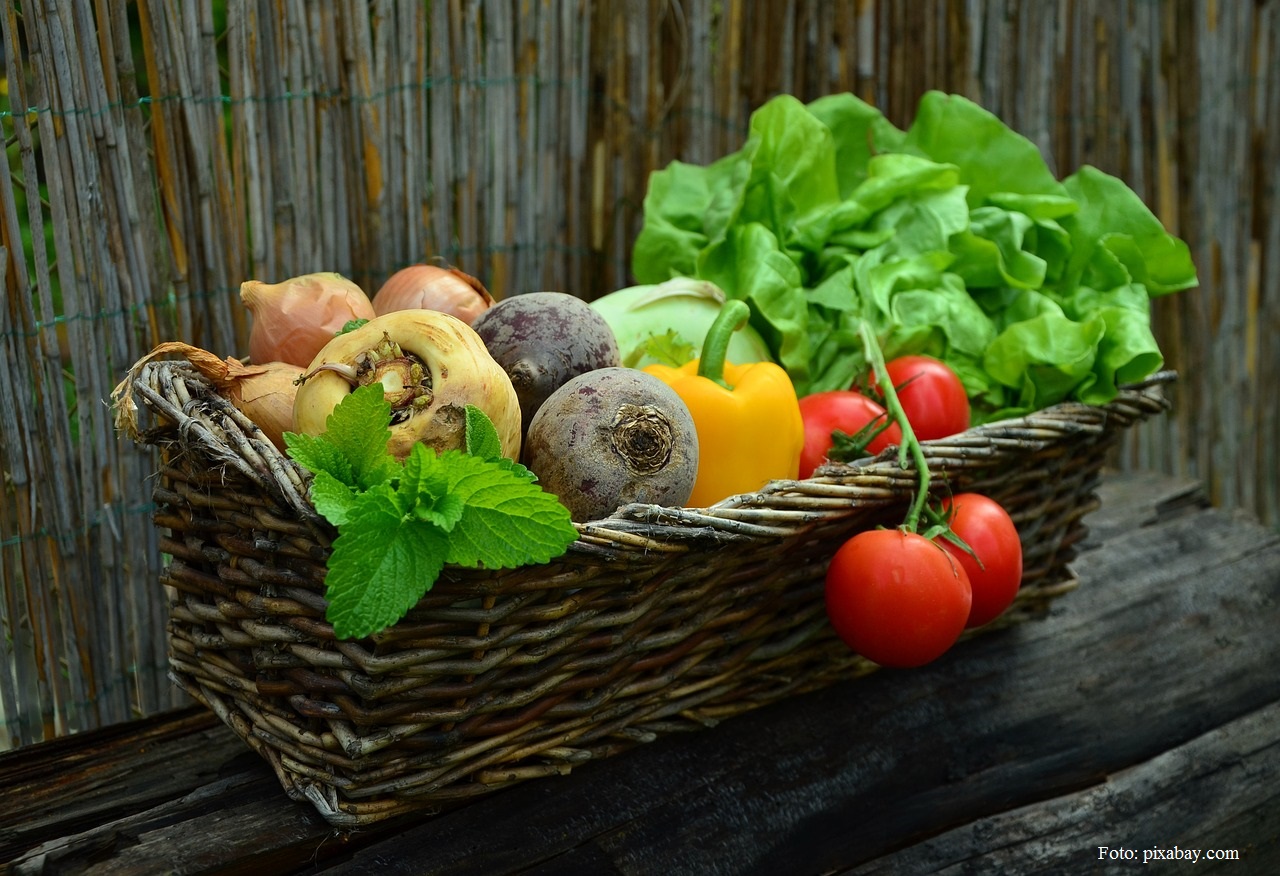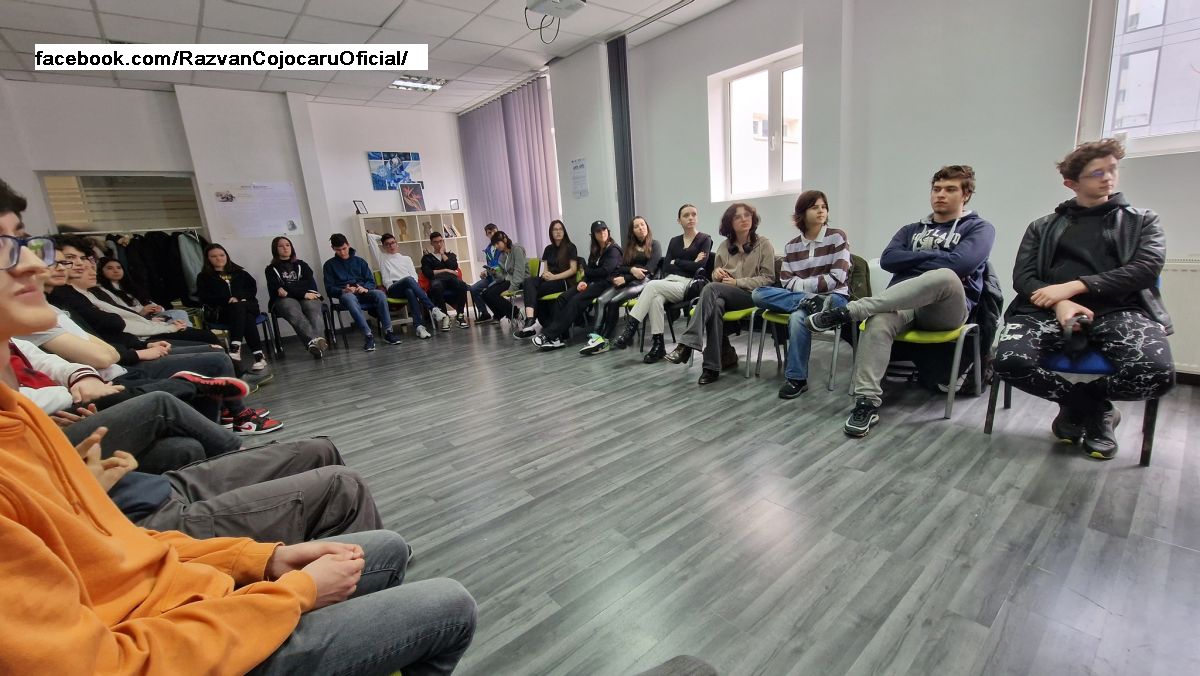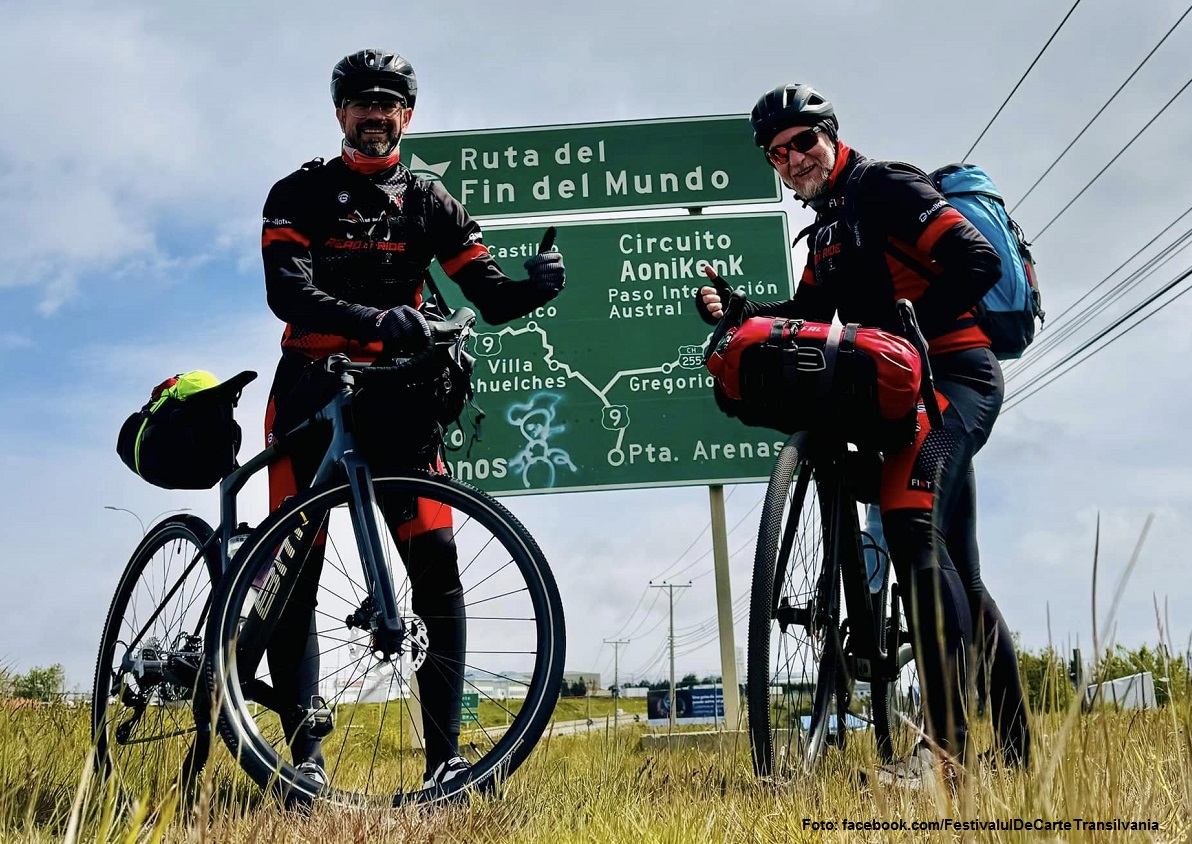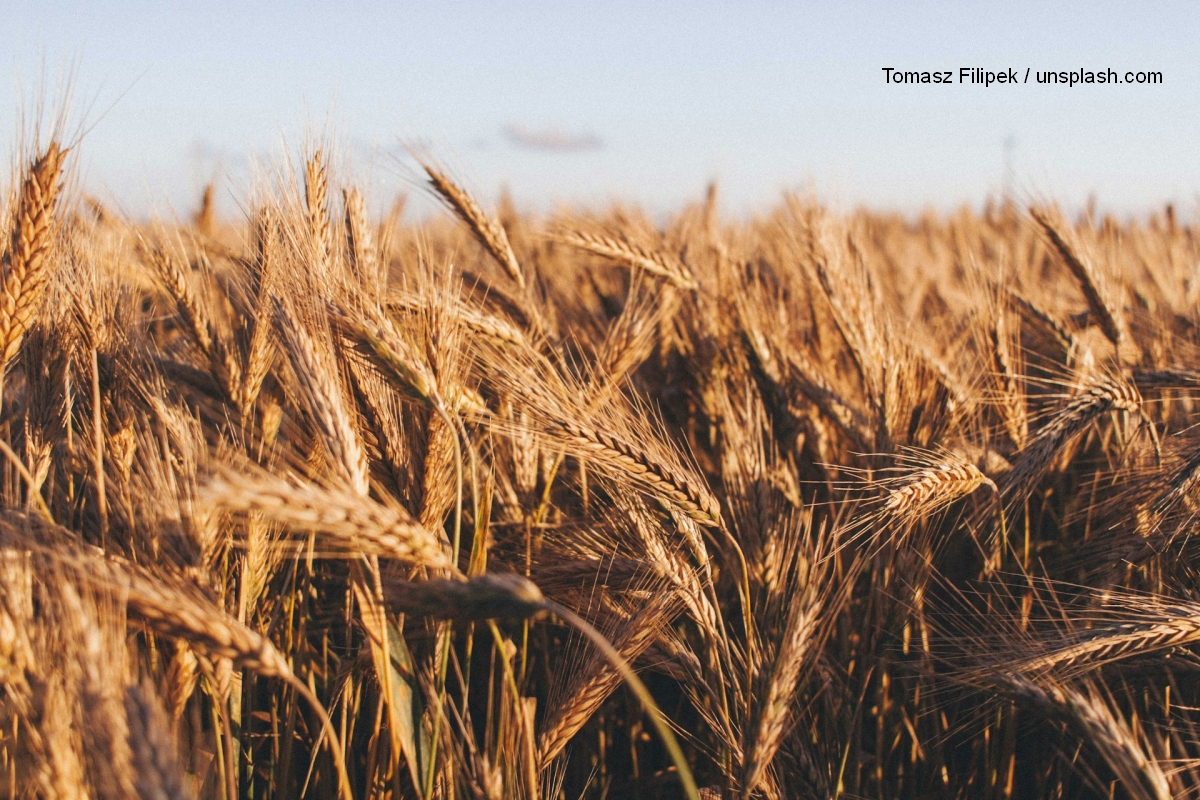Patrimony, Taste, Timisoara
Few people know that there is a Sustainable Gastronomy Day, decreed by the United Nations Organization, and marked on June 18
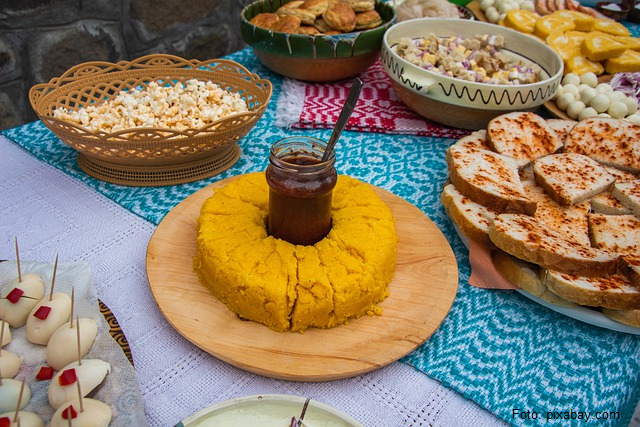
Ana-Maria Cononovici, 11.09.2023, 11:01
Few people know that there is a “Sustainable Gastronomy Day”, decreed by the United Nations Organization, and marked on June 18. In Timişoara, European Capital of Culture 2023, the LA PAS Program, initiated by the CRIES Association – Resource Center for Ethical and Solidarity Initiatives, has been running since 2018, in the context of the citys preparation for the awarding of this title, which aims to capitalize on the gastronomic heritage by observing some specific principles of the slow-food movement. I spoke about this program with Mihaela Veţan, president of the CRIES Association:
“Taste as heritage” is part of the La pas, Slowing Down program, included in the European Capital of Culture 2023 program, and is the component through which we want to draw attention to the fact that food is part of our intangible cultural heritage. We have explored this theme in previous editions in different types of activities, in 2018 we had a competition of traditional recipes, then we made some video materials with vloggers, regarding traditional recipes from Banat. Last year we had an edition that we dedicated to a special social context, that of the war in Ukraine: borscht was included in the UNESCO Heritage as part of the intangible heritage, based on a Ukrainian recipe, and we had a series of activities in Timisoara that addressed this topic. And this year, within the “Taste as heritage” component, we draw attention to a very important element, namely the impact of food on the environment.”
Mihaela Veţan, president of the CRIES Association, provided further detail:
“We thought of a series of 5 gastronomic workshops in which there were chefs, culinary vloggers, but also people passionate about cooking, mainly with seasonal ingredients and from local sources. So we started in February, when we had the root vegetables, they were the main ingredients, we had a vegan workshop, the leafy greens in various preparations were in great demand, and we had these workshops during the summer and autumn. Then, at the end of the year, we will have an image of a diversity of recipes, which we can make at home, from ingredients that are specific to that season.”
The program aims to capitalize on the gastronomic heritage by observing specific principles of the slow-food movement (good-clean-ethical), developing responsible consumption skills among young people, promoting sustainable practices for organizing cultural events, encouraging public policies that favor sustainable development models, and a culture of sustainability among people. Mihaela Veţan specified:
“There are basically three important elements that we want to highlight this year: seasonality, the fact that it is important to be aware that vegetables are available in a certain period of the year, and then they should consumed and not necessarily out of season, the care for ingredients and producers and the fact that we want through our workshops to inspire and encourage people to cook more at home, because we know that it is a practice that is increasingly in decline. We cook less and focus more on semi-prepared foods or fast food.”
We asked Mihaela Veţan what tastes are associated with Timisoara:
“We talk mostly about the regional character of the Banat area, which is an area of confluence. And when we approached this element of traditional or specific character, we were more aware that an element of specificity for our area is a more unexpected juxtaposition, between sweet and salty, sweet and sour. In Banat, for example, traditionally one would eat roast with cherry compote or plum compote. It is a melange between Serbian, Russian, Swabian cuisine, including elements from Hungarian cuisine, so it is very difficult to say what is specific. But I think that this combination of tastes and unexpected alternation is an element that surprises in Banat.”
And as this year Timişoara was in a continuous celebration, Mihaela Veţan issued us an invitation:
“The La Pas program includes an extensive educational program, we are going to schools with a lot of activities, this year we will involve over 650 students, together with their families, and of course, for autumn, in October, we are preparing the third edition of the La Pas Festival, an artisanal gastronomy festival.”
All lovers of local products and culinary art are expected to participate in a program rich in events that highlight the significance of the gastronomic heritage, in relation to local communities and sustainable development.

